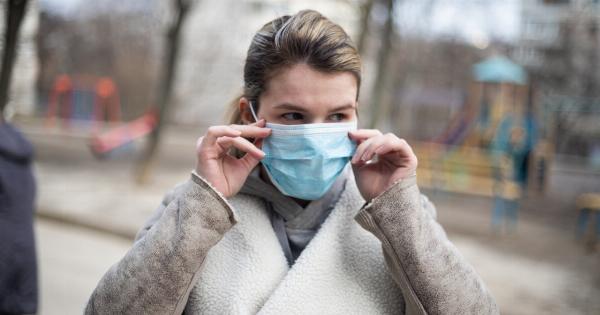The flu season is in full swing, and this year, the Centers for Disease Control and Prevention (CDC) has reported a total 153 flu-related deaths.
While this number is lower than last year’s total, it is still a reminder of how serious the flu can be.
The Importance of Getting a Flu Shot
If you haven’t already, it’s not too late to get a flu shot. The flu vaccine is the best way to protect yourself from getting the flu.
It is especially important for people who are at high risk for serious flu-related complications, such as young children, pregnant women, people with certain chronic medical conditions, and people 65 years and older.
In addition to getting vaccinated, there are other things you can do to protect yourself from the flu:.
Wash Your Hands Frequently
Washing your hands with soap and water for at least 20 seconds is one of the most effective ways to prevent the spread of germs. If soap and water are not available, use an alcohol-based hand sanitizer.
Cover Your Mouth and Nose When You Cough or Sneeze
Coughing or sneezing into your elbow or a tissue can help prevent the spread of germs. Be sure to dispose of tissues properly and wash your hands afterward.
Avoid Close Contact with Sick People
Avoiding close contact with people who are sick can help reduce your risk of getting the flu.
Stay Home If You’re Sick
If you are sick with flu-like symptoms, stay home until at least 24 hours after your fever is gone without the use of fever-reducing medicine.
Rising ICU Cases
While flu-related fatalities have decreased from last year, there has been a rise in ICU cases. This means that more people are becoming seriously ill from the flu and require hospitalization.
ICU (intensive care unit) admissions indicate that the flu can be life-threatening and not just a mild illness. Those who are at high risk for serious flu-related complications should seek medical attention if they experience any flu-like symptoms.
Flu Symptoms
The flu is a contagious respiratory illness caused by the influenza virus. Symptoms of the flu can range from mild to severe, and they can include:.
- Fever or chills
- Cough
- Sore throat
- Runny or stuffy nose
- Muscle or body aches
- Headaches
- Fatigue
Some people with the flu may also experience vomiting and diarrhea, although this is more common in children than adults.
Conclusion
The flu can be a serious illness, but there are steps you can take to protect yourself and your loved ones.
Get vaccinated, wash your hands frequently, cover your mouth and nose when you cough or sneeze, avoid close contact with sick people, and stay home if you’re sick.
If you experience any flu-like symptoms and are at high risk for serious flu-related complications, seek medical attention. Remember to take care of yourself and stay healthy this flu season.




























